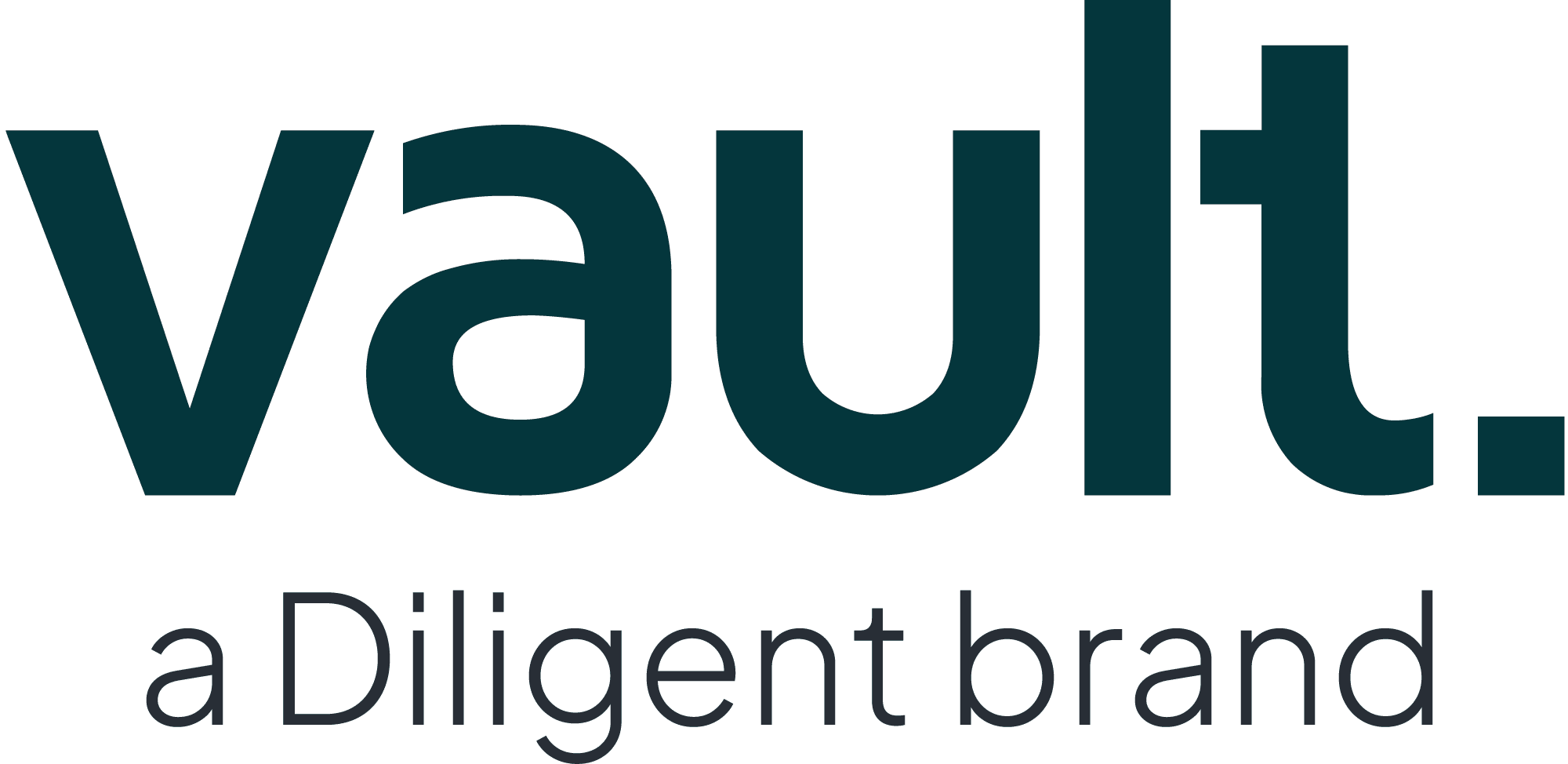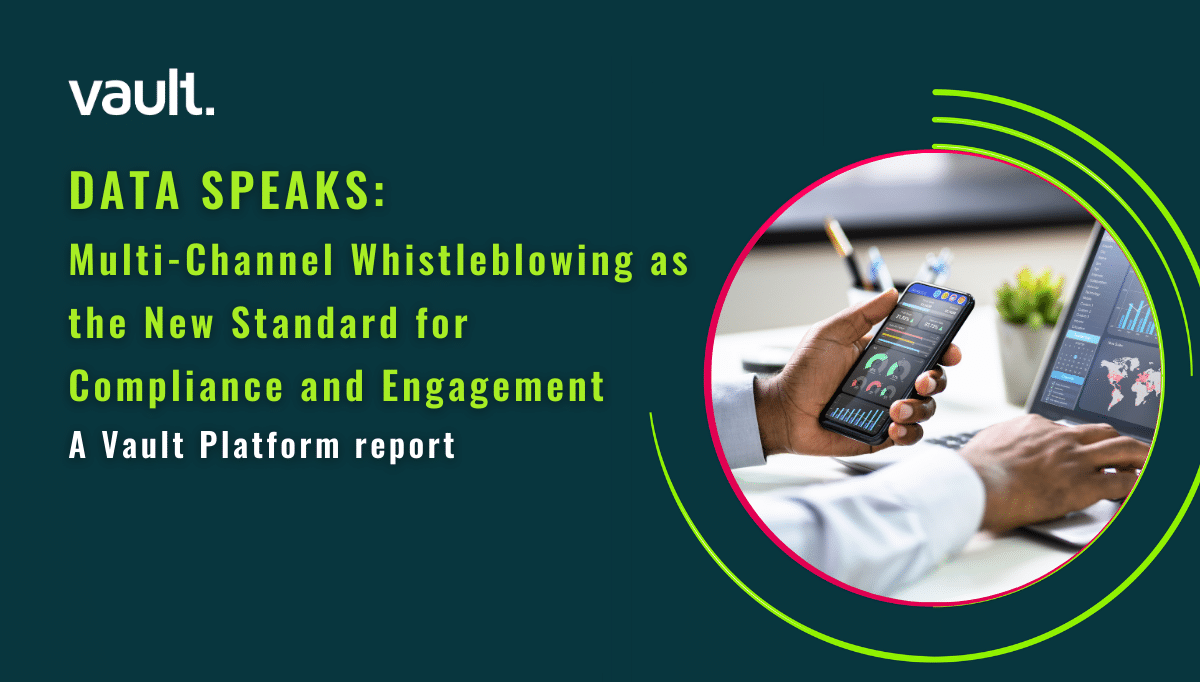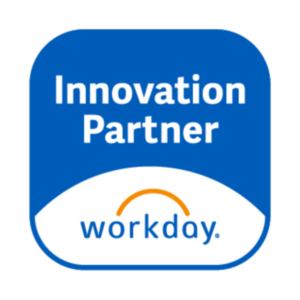
On August 1, 2024, the Department of Justice (DOJ) launched a long-anticipated whistleblower award pilot program, a significant step towards bolstering regulation around corporate whistleblowing and combating corporate misconduct. This program, initially announced by Deputy Attorney General (DAG) Lisa Monaco in March, marks a strategic move by the DOJ to close gaps in existing whistleblower programs and expand their scope to cover a broader range of corporate and financial misconduct.
The objective
The primary goal of this new program is clear: to enhance the DOJ’s ability to detect and combat corporate misconduct by incentivizing insiders to come forward with critical information. Whistleblowers are eligible for rewards if their information leads to monetary sanctions exceeding $1 million. However, the DOJ retains discretion over the reward amount, ensuring that the incentive aligns with the significance and impact of the whistleblower’s information. The program covers corporate crimes priorities by DOJ’s Criminal Division which do not fall under existing whistleblower programs.
Encouraging internal reporting and Voluntary Self-Disclosure (VSD)
The DOJ’s new program recognizes the value of companies’ internal compliance programs and designed it to address longstanding concerns about the potential negative impact of whistleblower rewards on internal compliance programs. Under the pilot, whistleblowers who report misconduct internally can still qualify for an award, provided they disclose the information to the DOJ within 120 days of their initial internal report.
DoJ Pilot Program also provides special VSD bonuses for corporations:
“To encourage prompt reporting, the Pilot Program creates a narrow window for both whistleblowers and companies to report the same misconduct and remain eligible for potential benefits. In addition to the timelines above, if a company receives a whistleblower’s internal report and then self-discloses the allegations to DOJ’s Criminal Division within 120 days (and before DOJ reaches out to the company), the company remains eligible for the Division’s VSD program, even if the whistleblower has already submitted the information to DOJ.”
How do companies need to prepare?
For companies, the implications of this new program are significant. The DOJ’s emphasis on efficient internal reporting systems is more critical than ever.
- While companies cannot match the substantial monetary rewards offered by government programs, it’s essential that they make internal whistleblowing straightforward, safe, and effective. This involves ensuring that whistleblowers know their reports will be taken seriously and acted upon, thereby enabling a culture of trust and transparency.
- Proactively identifying and addressing potential misconduct is crucial. By conducting regular risk assessments, internal audits, and investigations, and by implementing remedial measures, companies can reinforce their compliance culture and mitigate risks effectively.
- Companies must double down on promoting a culture of proactive integrity. Making compliance a core part of operations and clearly communicating its importance to employees will encourage internal reporting and reduce the need for external whistleblowing. In this way, companies can build a robust compliance framework that not only meets regulatory expectations but also aligns with the values of their workforce.
How we can help
The DOJ’s Whistleblower Award Pilot Program represents a significant evolution in the regulatory landscape. If your compliance program is not aligned with the DOJ’s emphasis on internal reporting efficiency, speak to us about Vault’s Active Integrity Platform. Empower employees to report issues safely and securely, and help your company identify, manage and resolve potential misconduct before it escalates.
Learn more about digitized whistleblowing






